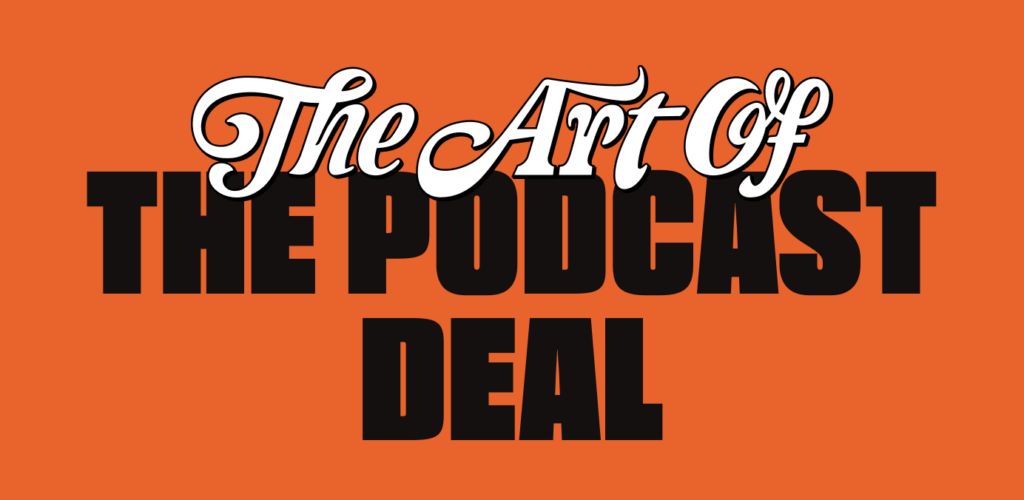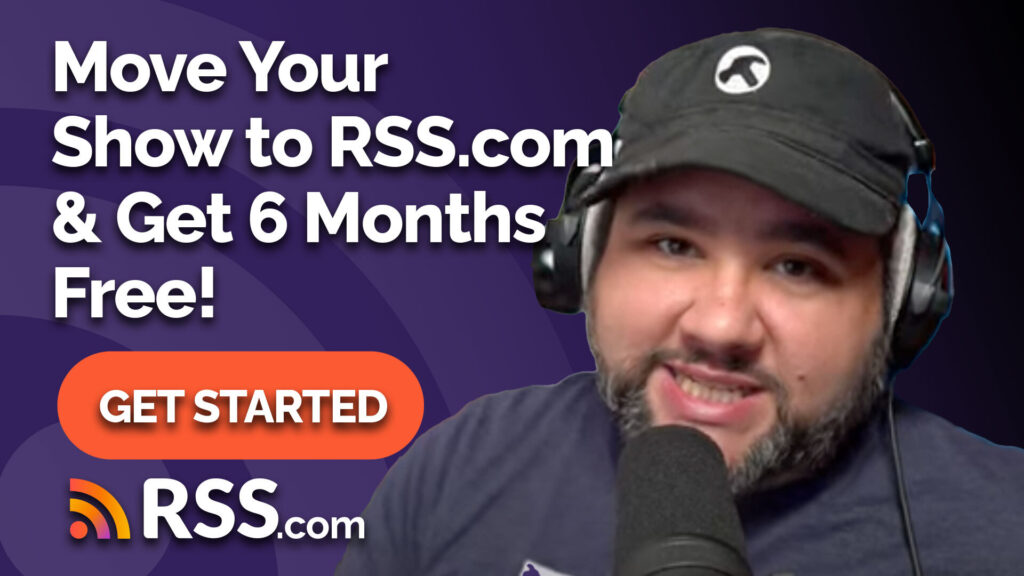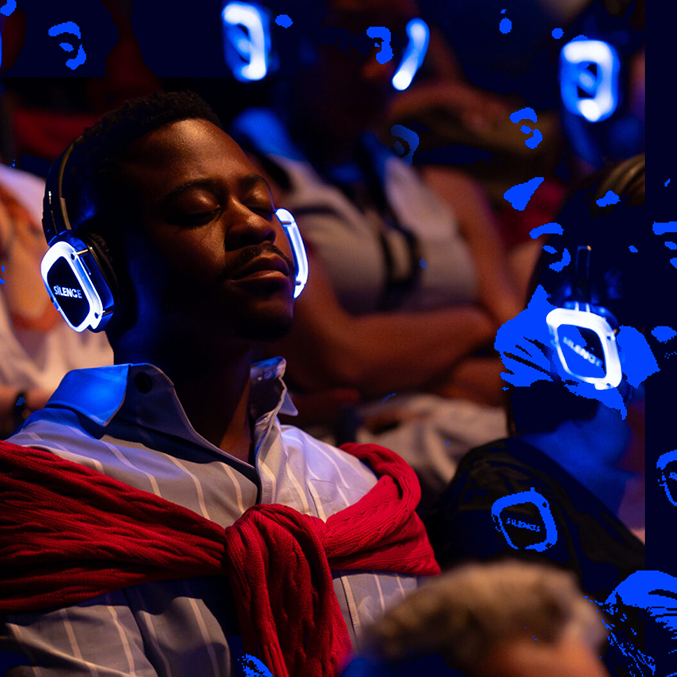The Art of the Podcast Deal
Platforms have their business models and policies, creators their must-haves and deal-breakers, and agents their precedents and competing offers.
And yet there is still no single blueprint for a good podcast deal.
The industry is continuously evolving and experimenting with competing interests. Distributors recognize that hosts need to be incentivized for their monetization models to work. Creators appreciate that financiers must control certain rights to maximize distribution opportunities and revenue. And the lawyers, by and large, understand that “sorry, we can’t lock you to season 2” or “we don’t offer revenue share” often isn’t good enough.
Leverage inevitably influences the outcome of any negotiation, but so does creativity. Here are five things to keep in mind when negotiating a podcast deal, whether you’re an indie host or the head of development at a major platform:
1. Intellectual property ownership isn’t everything.
Usually, the party funding the production of the podcast insists on ownership (or co-ownership) of the intellectual property. But that doesn’t necessarily mean it’s a bad deal for the creator. Owning the IP is only one piece of the puzzle; who controls and benefits from the IP is equally important. If the creator is consulted on podcast distribution and participates in all forms of revenue; approves of when and how the podcast can be pitched as a TV show, movie, or other derivative; is attached to future seasons of the podcast; and has access to the RSS feed and available performance metrics, the creator may not own the IP, but the end result may be close enough. Speaking of which…
2. Set your goals.
If you’re bringing an existing audience to the table as the creator but need help monetizing your podcast, how do you negotiate advertising approvals in such a way that your sales partner has enough flexibility to do their job? If you’re acquiring a podcast for distribution but have no real experience pitching film, TV, or books, do you insist on controlling podcast derivatives, or do you let the host initiate these efforts, subject to a negotiated percentage of such revenue back to you as the financier and attachment as non-writing executive producer? Aligning on who can execute which goals and giving that party the rights they need to do so can orient the negotiation in a more productive direction.
3. Thread the needle.
A contract is an opportunity to design a relationship— both the good and bad. If the distributor owns the podcast, what happens if only the host wants to renew for season 2? Does the show feed ever revert to the creator—and if so, on what terms? If you co-own the podcast, what can each side do without the other? If the podcast is based on a book, have potentially competing film and TV projects based on the book versus the podcast been addressed? If the agreement is terminated, what are the parties’ respective rights and obligations in regard to the monetization of the existing library and production of future episodes? Think about what each proposed term means in practice and what needs to be spelled out more clearly.
4. Unpack the legalese.
Sharing net profits 50/50 is great, but how are “net profits” defined? Is the distributor taking a distribution fee, as well as hosting/bandwidth fees off the top? Are the recoupable costs defined broadly enough to account for the production company’s actual budget (including overhead, legal fees, and any agent commissions)? Are there any third parties sharing in the profits? Is the side that has “final approval” over the content responsible for all claims arising out of the podcast? Take the time to dig into long definitions and “boilerplate,” and if you’re still unclear about something…
5. Ask questions.
Why is owning the IP important to you here? How is this going to be monetized in the short and long term? What is your plan for pitching this to Hollywood? Why won’t you contractually commit to terms for future seasons? Teasing out the rationale behind the ask (or the pushback) often helps break the stalemate and open a path to mutually agreeable language.
![]()
Alexia Bedat is an attorney and leads the Podcasts & Audio team at Klaris. She works closely with founders, heads of audio, and executive producers across their slates, in both business and legal affairs capacities.









